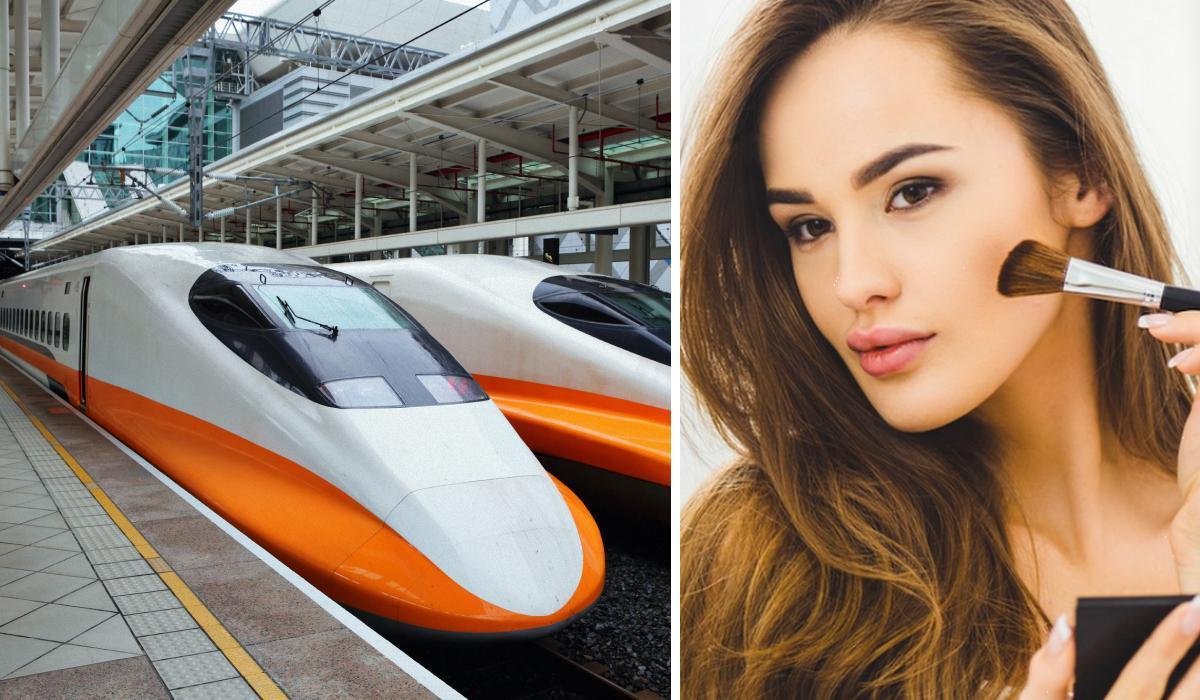A promotional video released by China Railway, a state-owned railway company, urging women to avoid putting on makeup during train journeys has stirred significant controversy and sparked a broader debate on sexism. The video, initially posted two months ago, gained widespread attention and became the most searched, read, and debated item on Weibo, China’s social media platform similar to Twitter. This reception reflects a growing feminist movement in China advocating for greater gender equality, challenging traditional gender norms in a society where men often dominate various spheres, including boardrooms and top government positions.
The video seems to be part of a larger campaign by the railway to address antisocial behavior among passengers. Previous posts instructed people not to litter, take others’ seats, or engage in loud conversations. Launched in July, the controversial video depicts a woman on a high-speed inter-city train preparing to apply lotion and foundation. As she attempts to put on makeup, a man seated next to her interrupts, tapping her on the shoulder. The video shows the man’s face covered in her foundation, and he responds, “I don’t need to put on makeup, beauty.” The woman apologizes and assists in cleaning up the mess.
Despite the intended focus on discouraging antisocial behavior, the video has triggered significant backlash. By Saturday, the related hashtag had accumulated 340 million views and 20,000 comments, with many criticizing the video as offensive. Some questioned why the campaign had to use women putting on makeup as an illustration of uncivilized behavior. Others defended the right to put on makeup, asserting that there is nothing uncivilized about it. Some even raised concerns about potential future restrictions, asking if the next step would involve banning women from trains altogether.
Chinese officials attempted to defend the advertisement through a commentary circulated by state media outlets, urging people not to “overinterpret” it. The commentary, initially published in Nanfang Daily, acknowledged that incidents related to makeup, as depicted in the video, were among the most common complaints received. However, it argued that the video aimed to promote a civilized form of commuting and consideration for other passengers rather than banning makeup on trains.
In response to inquiries from local press, staff at China Railway’s customer service hotline clarified that putting on makeup is not explicitly banned on trains. Despite attempts to justify the video’s message, the incident has fueled ongoing discussions about gender dynamics, societal expectations, and the broader push for gender equality in China. The controversy surrounding this promotional video reflects the complexities and challenges associated with addressing gender-related issues in a rapidly evolving social landscape.
